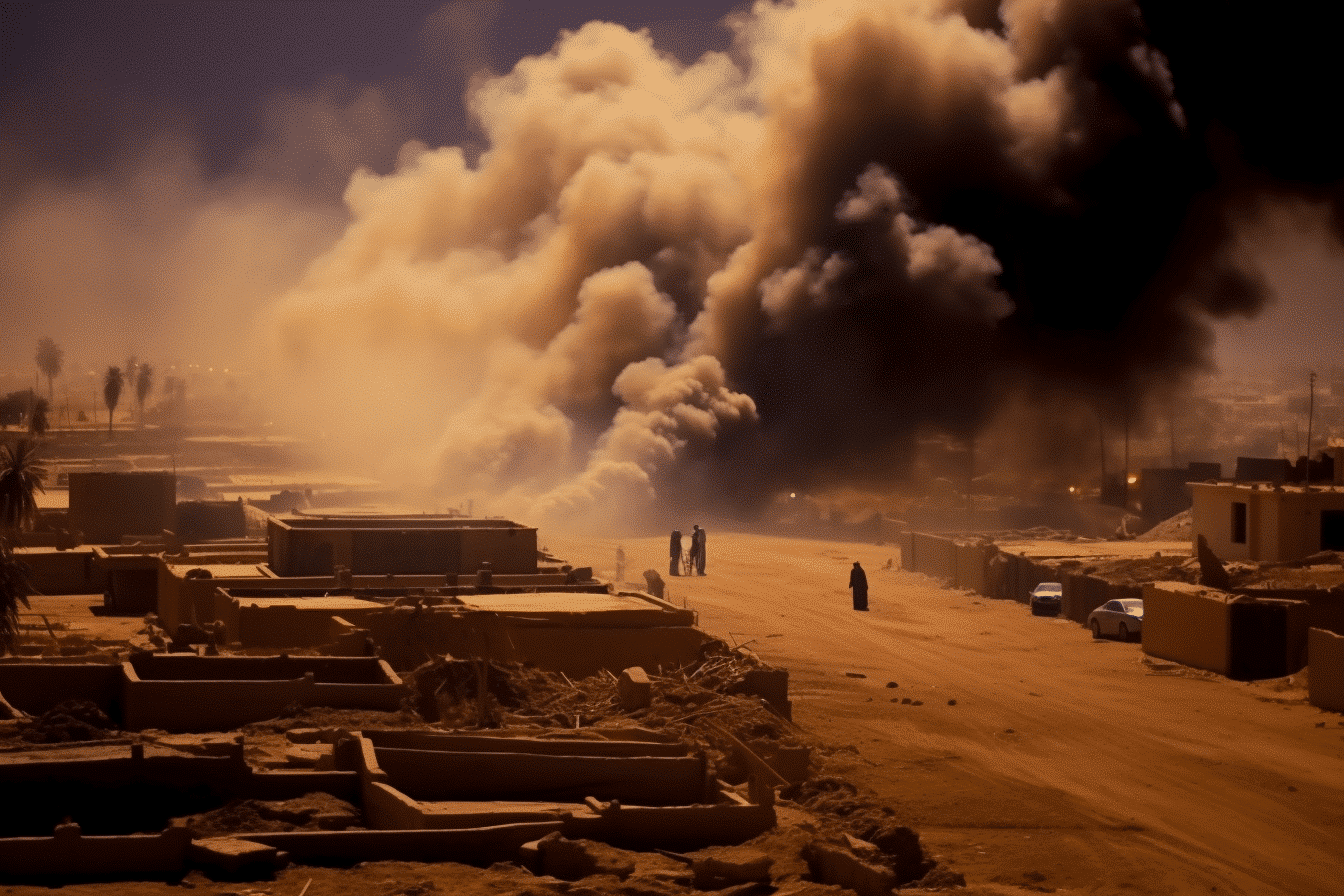Khartoum’s morgues are overflowing with Sudan’s conflict approaching its fourth month. Aid agencies report thousands of deceased individuals remaining unburied in public spaces, raising concerns over an impending cholera outbreak.
Save The Children highlighted the dire situation on Tuesday, indicating that power failures have rendered morgues ineffective, resulting in the decomposition of bodies. The medical personnel crisis further complicates the matter, as there’s no one left to address this mounting emergency.
This catastrophe follows months of confrontations between the Sudanese Armed Forces (SAF) and the Rapid Support Forces (RSF) since mid-April. Both factions are vying for control over Khartoum.
As per the UN’s Office for the Coordination of Humanitarian Affairs (OCHA) data, the ongoing unrest has led to over 1,105 deaths and 12,115 injuries by July 11. However, actual figures could be substantially higher. Disturbingly, UNICEF noted that of these casualties, at least 435 are children, with an average of one child being harmed every hour.
Save The Children emphasized the looming health threat, given the accumulation of bodies, inadequate water supply, and a breakdown in sanitation services. Cholera, which can be fatal within hours if untreated, is a concern, especially with the onset of the rainy season. With many hospitals non-operational, the situation is critical.
Local medical professionals echo these concerns. Abdallah Attiya, a representative of the Sudanese Doctors Syndicate, recently highlighted the potential for “disease and epidemiological disasters.”
The tragedy extends beyond health risks. Dr. Bashir Kamal Eldin Hamid of Save the Children lamented the inability to provide dignified funerals, intensifying the grief experienced by families.
The situation remains fluid, with increased combat reported this week. Omdurman residents have noted escalated hostilities, and sources say artillery fire and missile attacks on civilian areas. This strife has led to Khartoum’s devastation, and over 4 million people have been displaced since the beginning of the conflict.
Furthermore, food scarcity has escalated, impacting over 42% of Sudan’s population. This conflict’s roots lie in the power dynamics between SAF’s Abdel Fattah al-Burhan and RSF’s General Mohamed Hamdan Dagalo (Hemedti), previously united against Sudanese President Omar al-Bashir. Their alliance fractured over the integration of RSF into the national military.
Recent statements from both factions detail various claims of victories and losses. Peace initiatives, primarily led by the US and Saudi Arabia, have been unsuccessful. The RSF recently stated that reconciliation with SAF seems unlikely following failed discussions in Jeddah.
The escalating crisis in Sudan serves as a stark reminder of the fragile political landscapes that define many regions worldwide. As the international community watches, the immediate need for a concerted humanitarian intervention becomes evident. Unless urgent measures are taken, the unfolding tragedy in Khartoum and beyond could spiral further, affecting future generations. It’s a test for global powers and organizations to act swiftly, ensuring that political ambitions do not eclipse the fundamental human rights of the Sudanese people.
